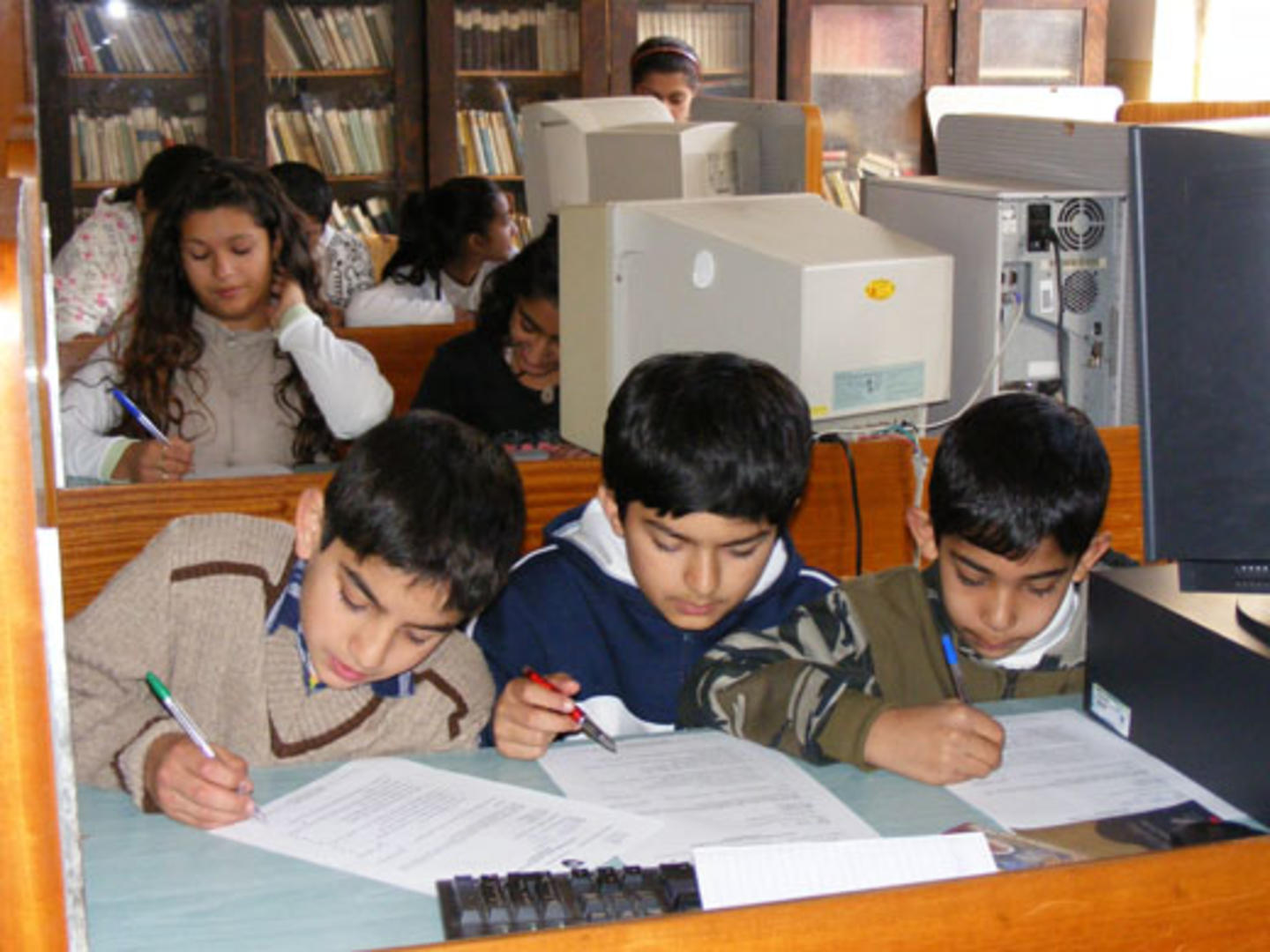Large numbers of Roma live in poor social-economic conditions and suffer from marginalisation and discrimination, poor health standards and unemployment. According to an EU report from 2009, Roma populations suffer most discrimination among ethnic groups in Europe.
Integrating Roma communities into society is therefore an important element in the reduction of social and economic disparities in Europe. The EEA and Norway Grants support 18 projects with more than €6.6 million that target the Roma population specifically in the Czech Republic, Hungary, Poland, Romania and Slovakia. The projects benefit the Roma communities directly, with support distributed in areas ranging from social integration and work training, to the strengthening of legal rights and access to public health services.
Social integration and vocational training in Hungary
The majority of funds benefiting Roma have been allocated to Hungary, where € 4.7 million have been provided to 9 projects focused on social integration and vocational training. One example is the Start Up project in Budapest: young Roma graduates enrolled in a traineeship programme where they took part in professional training, language courses, mentoring and coaching, and received job placements in municipality institutions in Budapest. Of the 31 candidates completing the programme, 19 were successfully hired in the labour market when the project ended in February 2010.
Other projects in Hungary include the establishment and equipping of a Roma College of Music, intended to conserve the Roma cultural heritage and improve social and economic inclusion of the Roma minority and several projects aimed at restoring Roma dance, music and craft traditions.
Bridging communities and encouraging social inclusion in Slovakia
In Slovakia, € 1.8 million have been allocated to 6 different projects targeting Roma youth and communities. In the Equal Chance project, a support system for social integration of Roma pupils in elementary schools is developed to improve the children’s access to education and the labour market, as well as helping them gain a better understanding of their Roma identity.
Other projects include a community bridge-building project in Central and Eastern Slovakia, and human rights protection projects aimed at raising legal awareness among youth from marginalised Roma communities and battling prejudice through social inclusion by improving the relationship between the Roma and non-Roma population in the city of Nitra.
In addition, the EEA and Norway Grants also support around 200 projects managed by non-governmental organisations that target disadvantaged groups with more than € 13 million.
New funding
The projects and activities described above are funded under the 2004-09 grants period. The EEA and Norway Grants 2009-14 were recently launched, and a number of the areas to be supported will target social inclusion, anti-discrimination and support to minorities such as the Roma population.
Photo: Nadacia Skola dokoran
